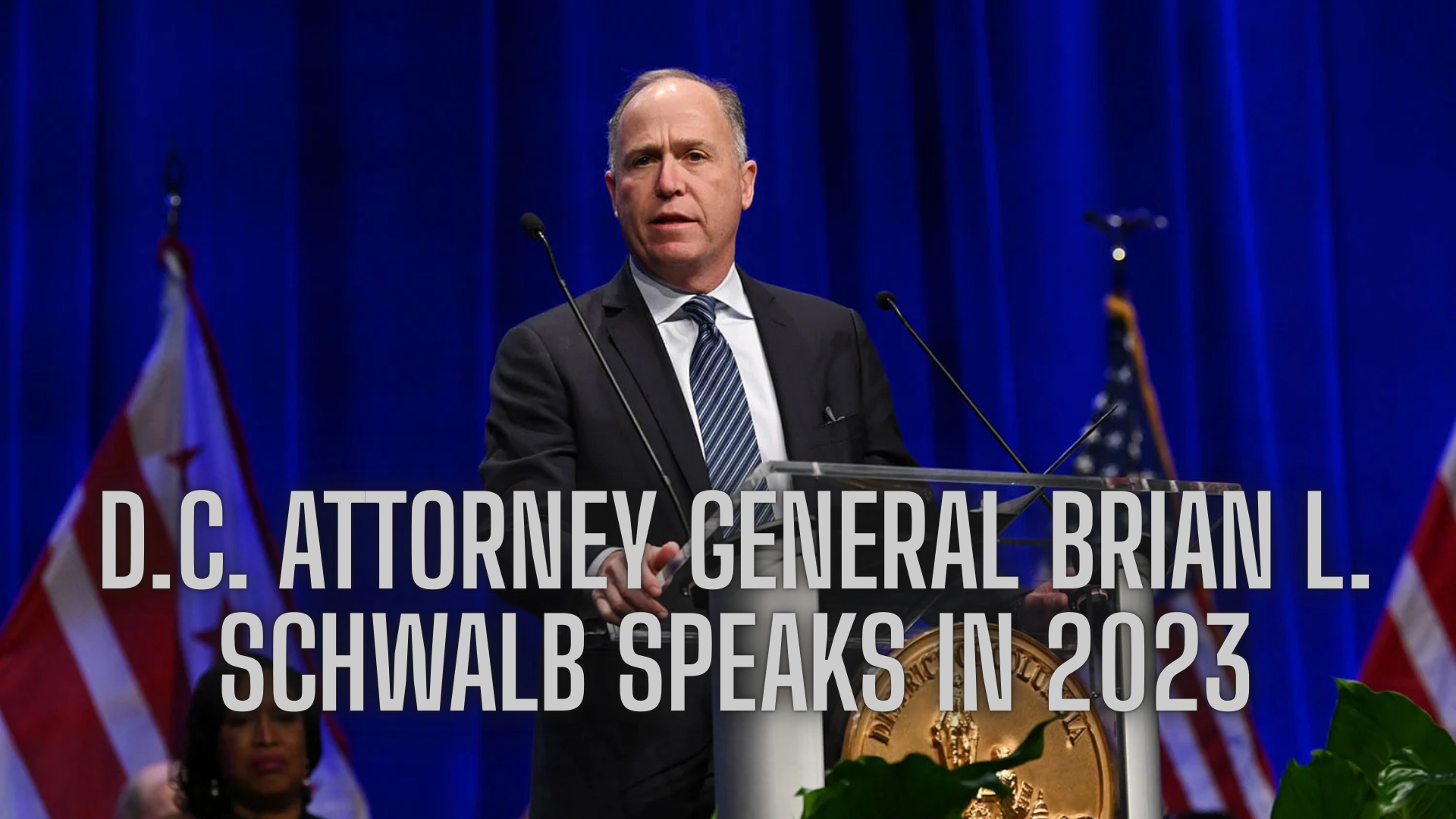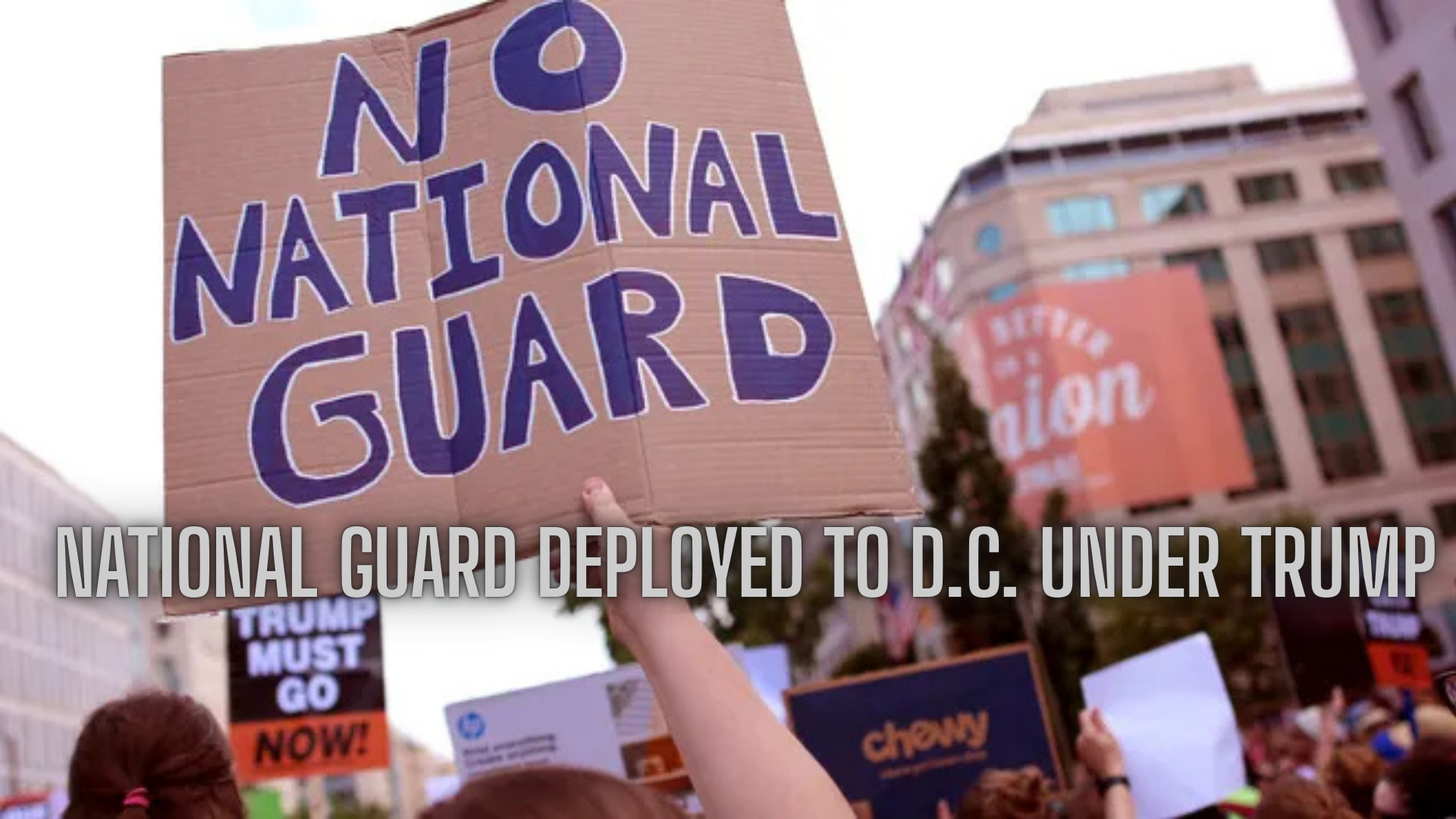In a fresh escalation of tensions between Moscow and Berlin, Russia has announced plans to summon the German ambassador to discuss what it claims is ongoing harassment of Russian journalists operating in Germany. The statement came Thursday from Russian Foreign Ministry spokeswoman Maria Zakharova, who said the meeting would address retaliatory measures Moscow is preparing in response to what it views as targeted and politically motivated actions by German authorities.
A Pattern of Diplomatic Retaliation
The move is the latest chapter in a series of tit-for-tat actions between the two countries concerning press freedoms and the treatment of foreign correspondents. The diplomatic spat came to a head in November 2024, when Russia expelled a German correspondent and a cameraman. At the time, Moscow said the move was a “symmetrical response” to Germany’s alleged expulsion of Russian state media personnel.
Germany, however, offered a different explanation, maintaining that the Russian journalists’ departure had to do with issues related to residency requirements. German officials insisted that Russian reporters are free to operate within the country, provided they comply with the nation’s legal and immigration frameworks.
Allegations of Intimidation and Restrictions
Zakharova’s latest remarks signal that Russia sees the matter as far from resolved. She accused Germany of “systematically applying pressure and harassment” not only against Russian journalists but also their families. According to Zakharova, this includes instances of revoked passports and restrictions on movement—allegations that, if true, would raise questions about Germany’s commitment to press freedoms even as it criticizes Russia for its own heavy-handed media policies.
“Such treatment is unacceptable and demands a response,” Zakharova said, without elaborating on what specific retaliatory measures Moscow may take.
A Complex Media Landscape
Russia’s stance appears to reflect both domestic and geopolitical considerations. Since the full-scale invasion of Ukraine in 2022, Moscow has enacted strict censorship laws that have pushed many Western journalists to leave the country. Despite that, Russia continues to officially accredit some foreign reporters. However, the environment for independent or Western-aligned journalism within Russia remains tightly controlled and potentially dangerous.
A stark reminder of that came in 2023 with the arrest of U.S. journalist Evan Gershkovich, who was accused of espionage. He denied the charges and was ultimately released in a high-profile prisoner swap in 2024. His case, widely condemned by international press freedom organizations, underscored the perilous conditions foreign journalists can face in Russia.
Germany’s Position
For its part, Germany has rejected claims of unfair treatment of Russian journalists. The German government has stated that press freedom is a foundational principle of its democratic system and applies equally to all reporters, regardless of nationality. Officials in Berlin argue that any legal actions taken against Russian journalists are based on rule-of-law considerations—such as visa status and residency compliance—and not politically motivated censorship.
Nonetheless, Germany, along with other European Union countries, has taken a more cautious stance toward Russian state media since the start of the Ukraine war. Some Russian outlets have faced restrictions or bans within the EU due to accusations of spreading propaganda and misinformation in support of Moscow’s war effort.
A Growing Divide
The broader context is a growing divide between Russia and Western countries, particularly in the information space. As both sides accuse the other of hypocrisy and manipulation, journalists often find themselves caught in the crossfire of broader geopolitical disputes.
With Russia now preparing to formally lodge its grievances through diplomatic channels, tensions could escalate further. If Moscow follows through with new retaliatory measures—such as further expulsions or restrictions on German media—it could deepen the rift not just between the two nations, but between Russia and the West more broadly.
As the war in Ukraine drags on and East-West relations continue to deteriorate, the press—once a conduit for international understanding—is increasingly becoming a battleground in its own right.




2 thoughts on “Russia to Summon German Ambassador Over Alleged Harassment of Journalists”